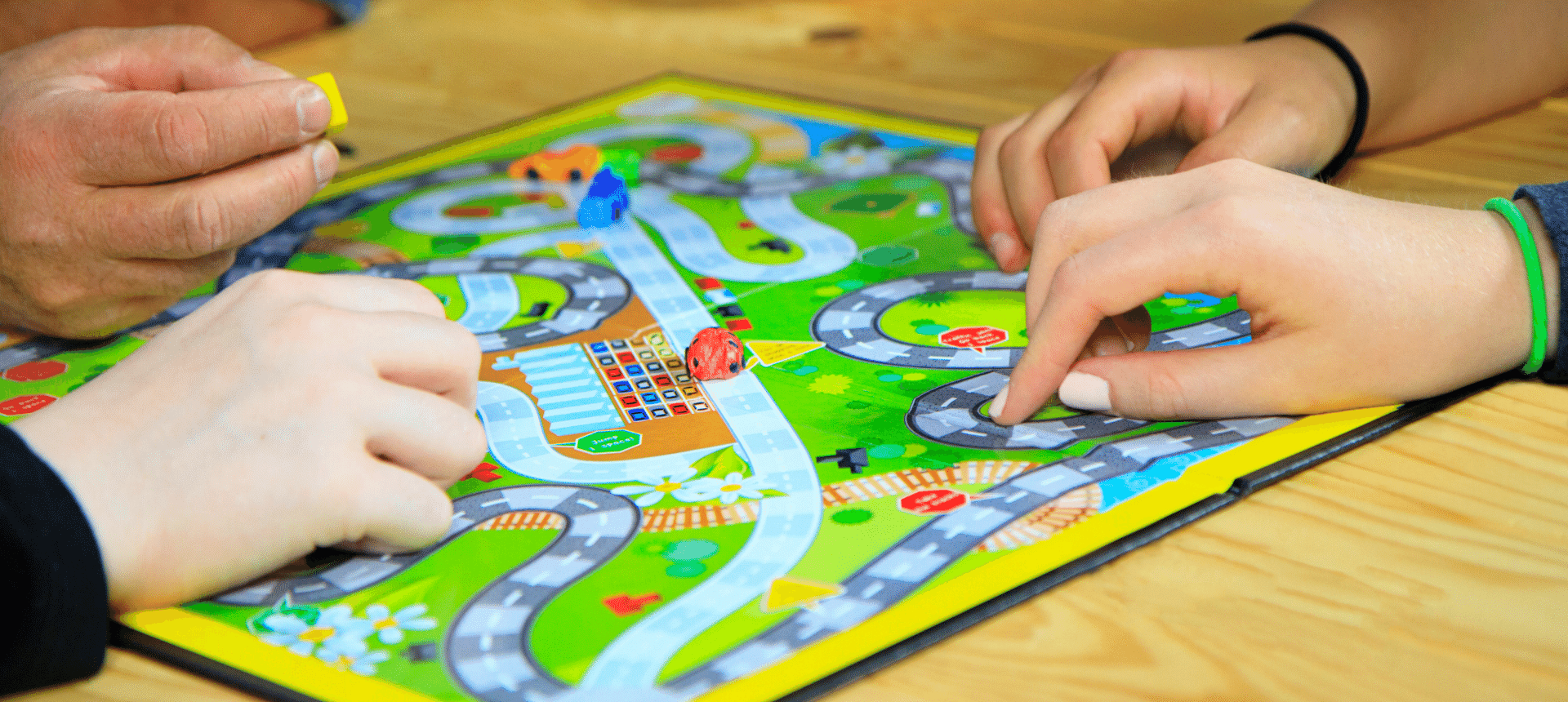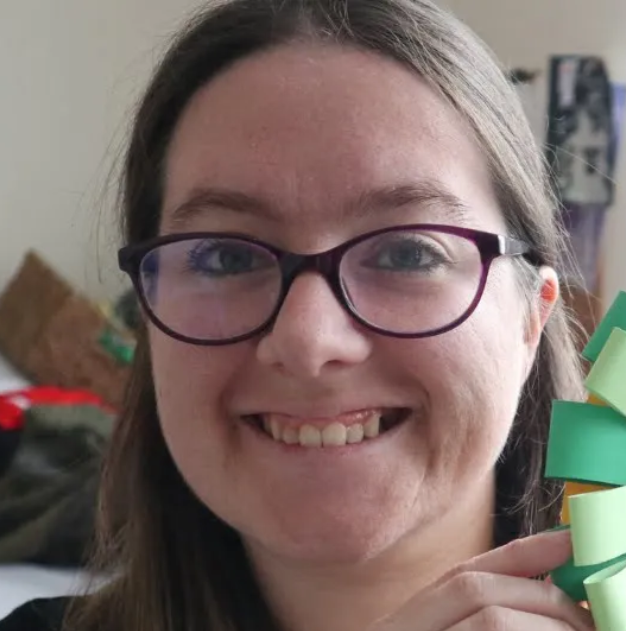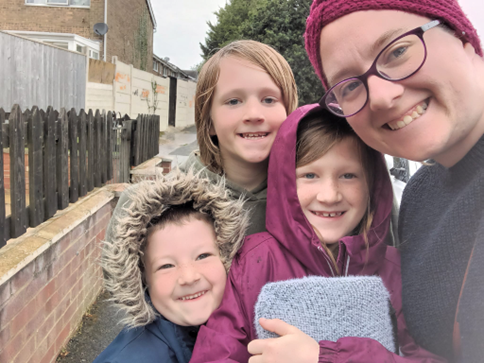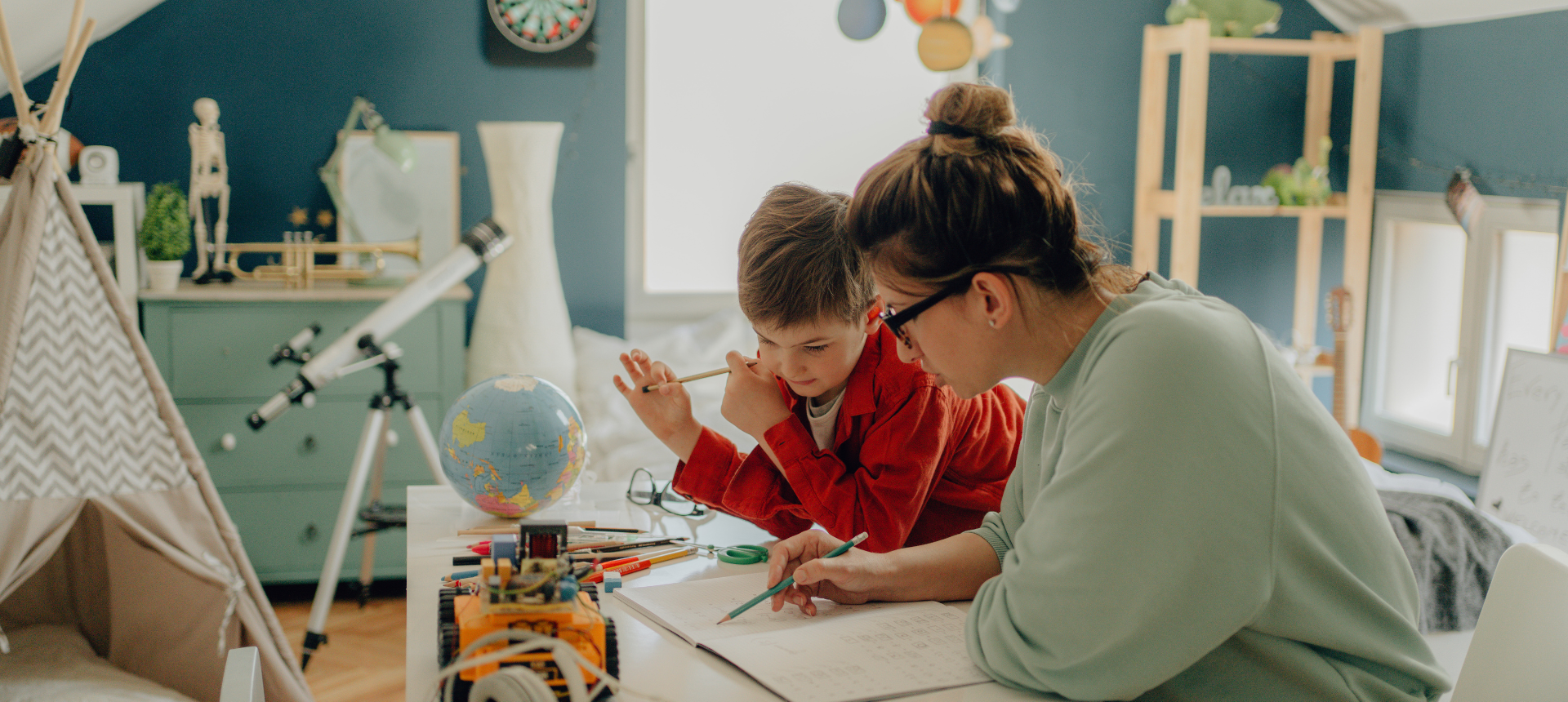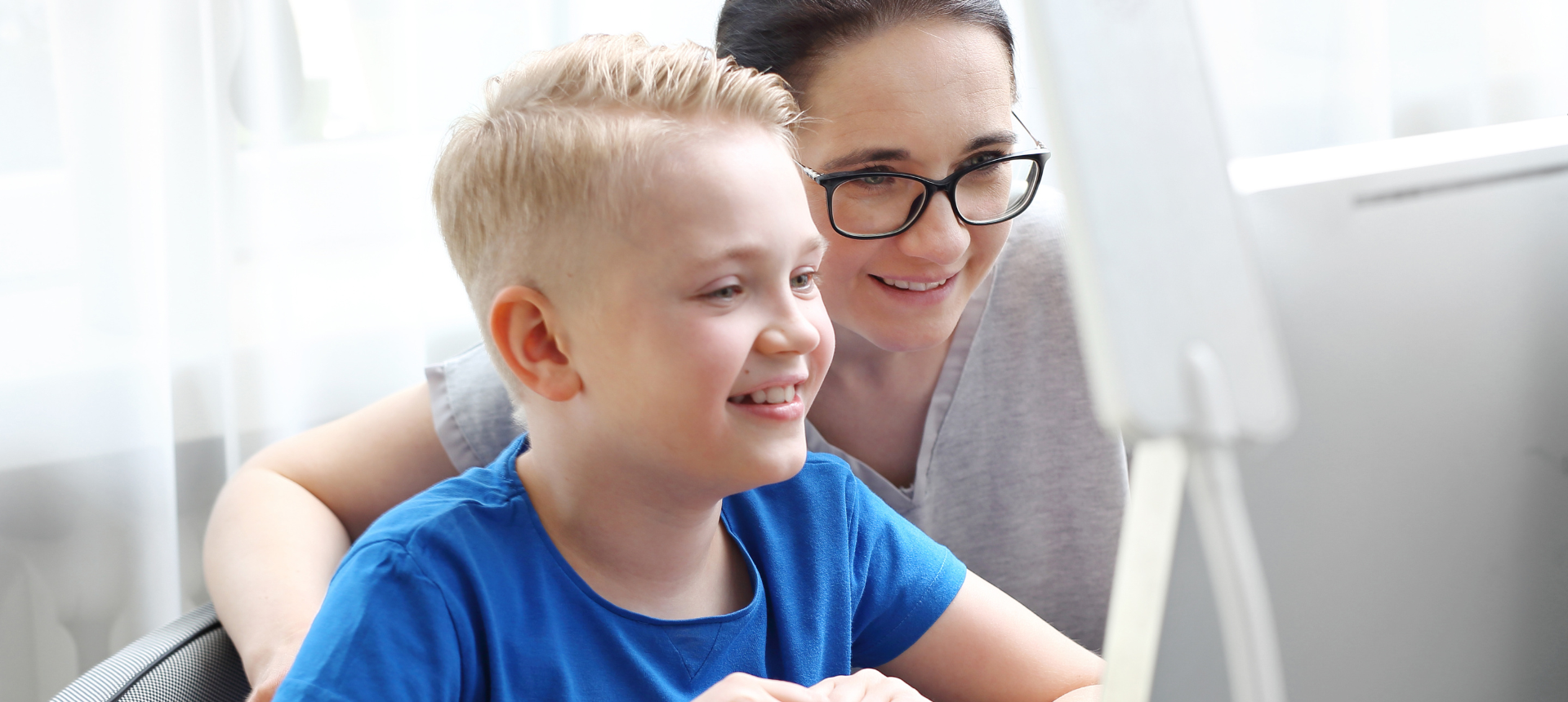Gameschooling is a home education style that involves using games partly or wholly to create learning opportunities for children of all ages.
Hello. I’m Emma and I’m a home educating Mum of 3 and Outschooler.
Today we are beginning a small series learning about a few different types of home education styles that you may be interested in if you are new to Home Ed or that you might be able to weigh in on if you are more experienced. Today we will be talking about Gameschooling.
Gameschooling is basically using games to teach. It’s as simple as that. Some people use game schooling to supplement their home education, and others may use it as their entire curriculum.
Most games will involve some kind of reading, many games involve mathematics and logic, and nearly all games that can be played with another person will involve social skills.
6 great reasons to try gameschooling
- Games are fun
- There are some facets of home education that might say “If it’s not fun, why bother?” I know for sure that this is the opinion of my children 80% of the time. I know I can hear some people say “But life isn’t all fun!” and that is true. But we’re adults now, they are children and I am a firm believer of “let them be little”. We can make almost everything fun, or at least a little bit.
- There are some facets of home education that might say “If it’s not fun, why bother?” I know for sure that this is the opinion of my children 80% of the time. I know I can hear some people say “But life isn’t all fun!” and that is true. But we’re adults now, they are children and I am a firm believer of “let them be little”. We can make almost everything fun, or at least a little bit.
- Games create positive family culture
- A lovely side effect of game schooling is the creation of something to do together that will carry on through the years. My husband grew up playing board games with his family for fun, and now all the children are in or nearly in their 30’s and whenever they are together, they still play board games together. Much to the joy of my mother in law and father in law.
- A lovely side effect of game schooling is the creation of something to do together that will carry on through the years. My husband grew up playing board games with his family for fun, and now all the children are in or nearly in their 30’s and whenever they are together, they still play board games together. Much to the joy of my mother in law and father in law.
- Good games exercise your brain
- Puzzling over strategies, watching your opponents or team members figure out what to do next to reach a goal, problem solving and more. Who needs a brain training app when you could play a game as a family?
- Puzzling over strategies, watching your opponents or team members figure out what to do next to reach a goal, problem solving and more. Who needs a brain training app when you could play a game as a family?
- Games build interpersonal skills
- Gracious winning and losing is a hard skill to learn, but a necessary one I feel. Other skills learned are working as a team and taking turns. Something my children have always struggled with and have greatly benefited from playing board games as a family.
- Gracious winning and losing is a hard skill to learn, but a necessary one I feel. Other skills learned are working as a team and taking turns. Something my children have always struggled with and have greatly benefited from playing board games as a family.
- Games can teach actual things
- There are many games that are designed to be educational, many Orchard Toys games are aimed at younger children but are very educational.
- There are many games that are designed to be educational, many Orchard Toys games are aimed at younger children but are very educational.
- Games help you learn better
- Things that are learned through play, are absorbed by the brain quicker and are more likely to stay there.
In addition to board and card games, other games like Minecraft, Roblox and Dungeons & Dragons can also be educational. You can check out our other blog posts related to gameschooling below:
Is Minecraft Educational for Kids?A Parent's Guide to Roblox
Is Dungeons & Dragons the Key to Unlocking Your Child's Creativity?
5 Ways that Escape Rooms Support Learning
It's Time for Pokemon School!
You may also be interested in reading about the psychology of gaming and why people play games from our Outschool teacher, Dr Steph Acaster.
I hope you enjoyed this brief description of Gameschooling. If you love home education content and want to keep up to date with all our most recent uploads, please subscribe to our YouTube channel. And if you like this video, please give it a thumbs up!
